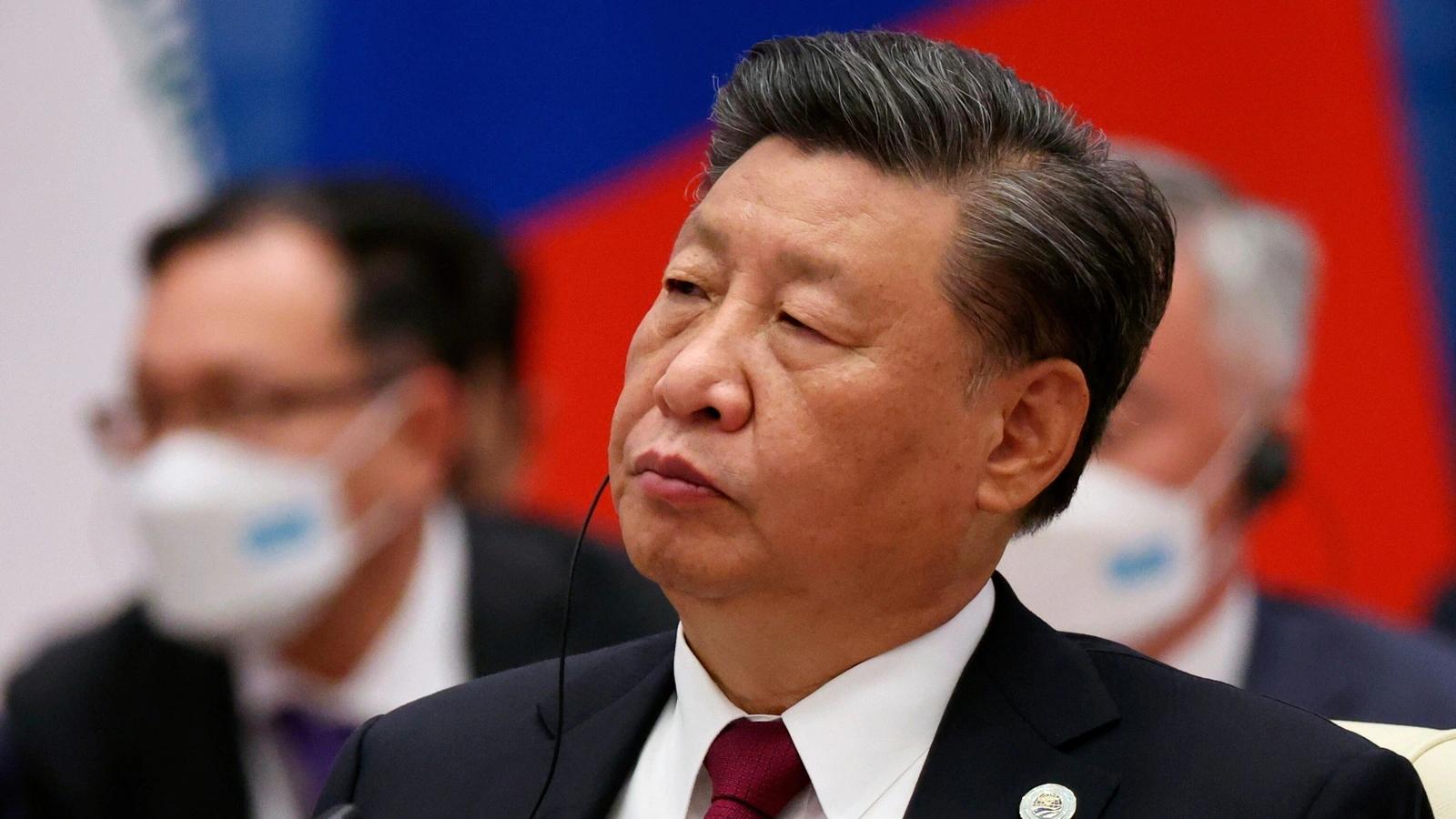Africa-Press – Botswana. Eliminating extreme poverty, fighting corruption and increasing environmental awareness are some of the progress made by China during the ten years of rule by leader Xi Jinping, who is now expected to assume a third term.
Social inequality, corruption and high levels of pollution in China’s main cities were a source of strong social discontent and seen as existential threats by the Chinese regime when Xi came to power.
The number of Chinese living in extreme poverty rose from 770 million (1978), to 82 million (2013) and then to 6 million (2019), according to data from the World Bank, which hailed the pace “unprecedented in history” , in alleviating poverty.
In 2021, on the eve of the centenary of the Chinese Communist Party, Beijing officially declared that it had eradicated extreme poverty.
Far from the spectacular economic development that took place along the coast of China, with mega metropolises and a middle class comprising more than 500 million people, the interior of the Asian country remained mostly poor.
In recent years, elderly rural residents have received cash grants and the Government has launched schemes to encourage job creation for those dependent on subsistence agriculture, including through the formation of agricultural cooperatives or the opening of factories.
According to Lusa, the construction of roads and rail links connecting remote areas of the country was another key point of Beijing’s program.
Between 2013 and 2021, China invested the equivalent of €230 billion to eradicate extreme poverty.
The increase in income also benefited urban citizens. Between 2013 and 2020, the average annual disposable income per urban household rose from 26,467 yuan (3,800 euros) to 43,834 yuan (6,200 euros), an increase of 66%, according to the National Bureau of Statistics. Inland, it rose to 17,132 yuan (+82%).
The average number of cars per inhabitant increased from 0.22 to 0.45 between 2012 and 2020.
The fight against corruption is also one of Xi Jinping’s main legacies.
For More News And Analysis About Botswana Follow Africa-Press






